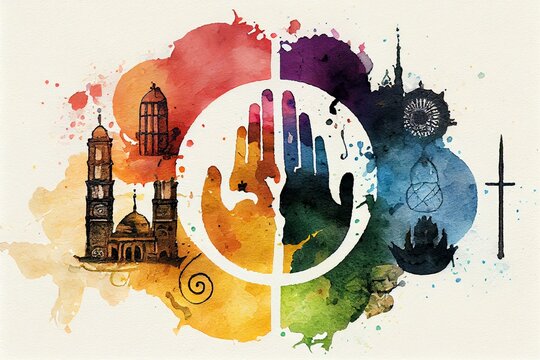Sarkozy Says Burqas Are Unwelcome in France
By Susanna Ferreira and David Gauthier-Villars in Paris
President Nicolas Sarkozy took sides in a growing debate on the burqa, a head-to-toe garment that is worn by some Muslim women and that conceals their faces, saying it isn’t a religious symbol but “a sign of enslavement and debasement†of women.
“The burqa is not welcome on French territory,†Mr. Sarkozy said. “In our country, we cannot accept that women be prisoners behind a screen, cut off from all social life, deprived of all identity.â€
Mr. Sarkozy, who was addressing a joint session of the French Parliament at Versailles — the first French president to address the legislature in more than a century — also pledged further government investment to help the country out of its recession.
Almost halfway through his five-year term, Mr. Sarkozy is struggling to deliver on his electoral pledge to downsize the French state. Instead, his government is spending to try to boost the economy, which is expected to shrink 3% this year.
He told lawmakers he would sharply reduce the state’s “bad budget deficit,†but he also unveiled a government bond issue to finance industrial, education and cultural projects.
Mr. Sarkozy’s speech, delivered at the château of Versailles, signaled his growing domination of French government. He used a change he introduced last year in France’s constitution that allows the president to address lawmakers directly.
Opposition lawmakers called the address a “narcissistic exercise†and said it only served Mr. Sarkozy’s taste for pomp. They said the speech highlighted how Mr. Sarkozy has relegated Prime Minister François Fillon to a subordinate role.
Mr. Sarkozy said he endorsed holding a parliamentary inquiry to study the small, but apparently growing, phenomenon of women wearing the burqa on French streets. The move could be the first step toward an outright ban on the coverings.
This month, a group of 76 lawmakers called for France to ban the garment, which is often associated with the Salafi strain of Islam and is worn by only a small percentage of Muslim women. The lawmakers appealed for a parliamentary commission to study the issue.
Some Muslim lobby groups, however, have urged the French government to refrain from holding a public debate on the issue, saying it would stigmatize France’s Muslim community, Europe’s largest.
France has strict rules separating state and religion, including a 2004 law banning veils, crosses, and other religious symbols and dress from public schools and government buildings.
The French debate was spearheaded by André Gerin, a French lawmaker and mayor of Vénissieux, near Lyon. The veils are “a test for our civilization,†Mr. Gerin said in a telephone interview, adding that his goal is to “liberate these women.â€
Mr. Sarkozy said that he won’t raise taxes and that it is time to make spending cuts. He proposed slashing the number of local-government representatives, and said he will decide by mid-2010 whether to raise the minimum retirement age, which stands at 60 years for most workers.
So far, Mr. Sarkozy has maintained his popularity despite the economic slump. Still, he has been forced to shelve some of his plans to slim down France’s state in order to promote a livelier, more prosperous economy.
The budget deficit is likely to shoot up to €140 billion ($194 billion) this year — 7.5% of gross domestic product compared with 3.4% in 2008. Tax revenues are falling because of the recession, and Mr. Sarkozy has spent public funds to prop up banks and struggling auto companies.
11-27












2009
847 views
views
0
comments